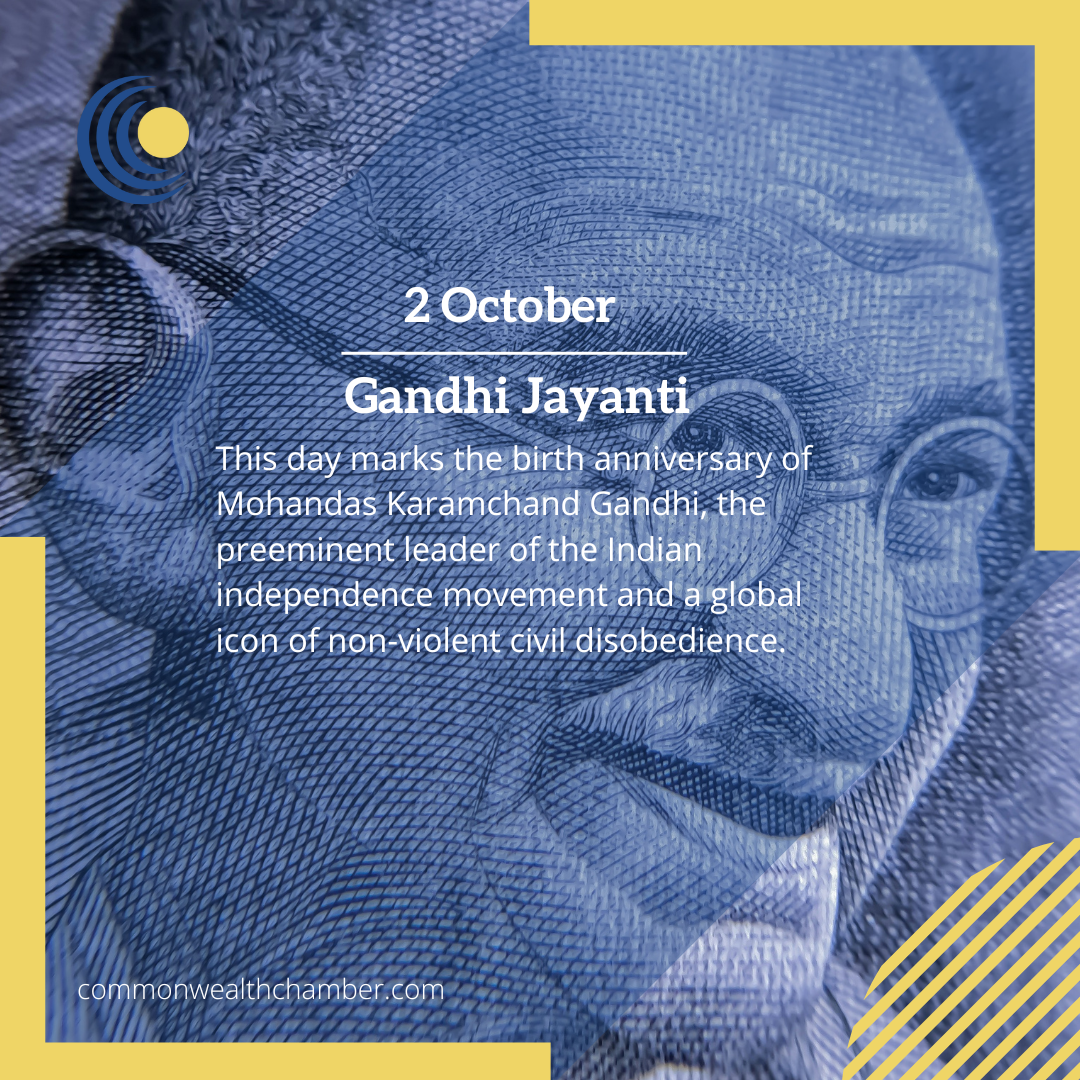On this day, India pays tribute to the “Father of the Nation,” whose steadfast commitment to truth, non-violence, and civil disobedience played a pivotal role in the country’s struggle for independence.
Across the nation, schools, colleges, and government offices organise essay competitions, debates, and cultural programmes to honour Gandhi’s life and teachings. One of the most notable events on Gandhi Jayanti is the “Shanti Path” or “Peace March,” where individuals from all walks of life unite to walk in solidarity, promoting the values of peace, harmony, and non-violence that Gandhi championed throughout his lifetime.
Gandhi’s philosophy of simple living and self-sufficiency is also celebrated through exhibitions and demonstrations of traditional Indian crafts, such as khadi (hand-spun and hand-woven cloth), which he advocated as a means of economic self-reliance. Beyond India’s borders, Gandhi Jayanti is observed by people across the globe who have been inspired by his teachings and unwavering commitment to non-violent resistance against injustice and oppression. It serves as a powerful reminder of the influence of peaceful protest and the enduring legacy of one man’s vision for a better world.
